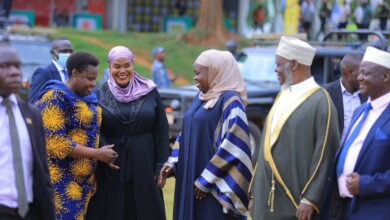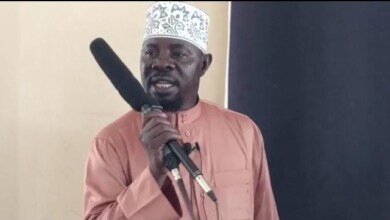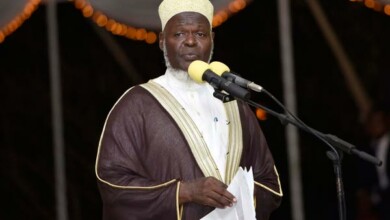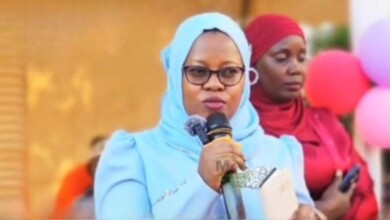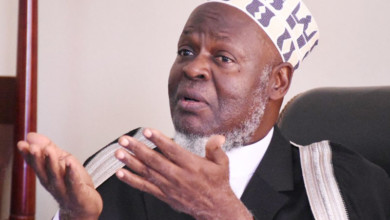UNICEF report reveals shortfalls in refugee education
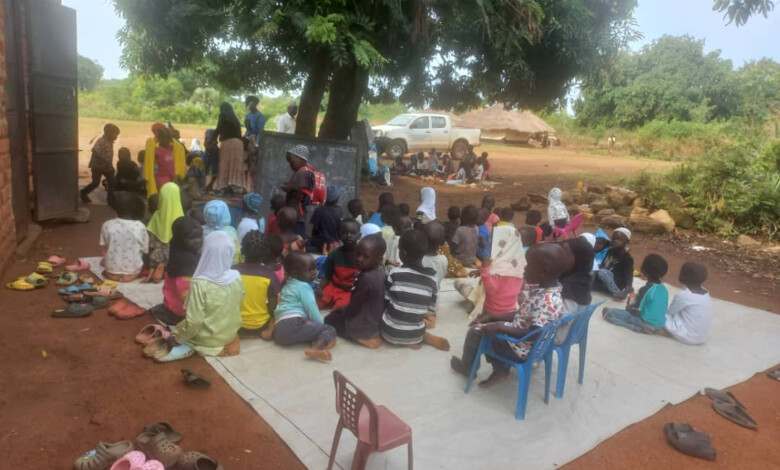
By Ahmed Idriss
A recent joint assessment by UNICEF and the Uganda Muslim Supreme Council (UMSC) has uncovered severe deficiencies in early childhood education across Uganda’s refugee-hosting districts of Kiryandongo, Adjumani, and Yumbe, raising urgent concerns about the future of thousands of young learners.
The week-long field exercise revealed that out of 71,000 children eligible for early learning, only 26,484 (37%) currently have access to education centers—many of which are dilapidated, overcrowded, or simply non-existent. In some cases, children are forced to learn under trees due to a lack of proper infrastructure.
Hajj Muhmood Kateregga Namuguzi, the UNICEF/UMSC National Program Coordinator, who led the assessment, described the findings as a “wake-up call” for stakeholders.
“We cannot afford to neglect these children. Early education is the foundation of lifelong learning, yet thousands are being left behind in the most vulnerable conditions,” he emphasized.
30 new centers needed by 2030
The assessment projects that at least 30 fully equipped Early Childhood Care and Education Centers(ECCECs) must be established by 2030 to meet the growing demand. Without immediate intervention, the current gaps will only widen as refugee populations and host communities continue to expand.
The delegation—which included UNICEF technical staff, engaged with local Muslim leaders, District Education Officers (DEOs), refugee camp commandants, and Office of the Prime Minister (OPM) representatives to strategize solutions.
In a promising response, UMSC district leaders pledged parcels of land for the construction of new ECCECs. The team inspected multiple proposed sites, revealing strong community commitment to bridging the education gap.
“We recognize that education is a shared responsibility. By donating land, we are investing in the future of our children and the stability of our communities,” Sheikh Yahaya Ibrahim, a local Kadhi in Adjumani said.
UNICEF announced a comprehensive support package, including Iron sheets for roofing new and rehabilitated centers, scholarships for 128 educators in continuous professional development, learning materials and playground equipment, technical support for curriculum implementation and strengthened partnerships between religious leaders and local governments
Additionally, large tents, scholastic materials, and child protection posters were donated to provide immediate relief for children learning in makeshift environments.
Local leaders committed to mobilizing parents and volunteers to contribute labour—brick-making, pit-latrine digging, and site preparation—to accelerate the project’s rollout.
“This is not just about building classrooms; it’s about building futures. Every hand that helps lay a brick is laying the foundation for a child’s success,” Mystica Acheng from UNICEF, said.



